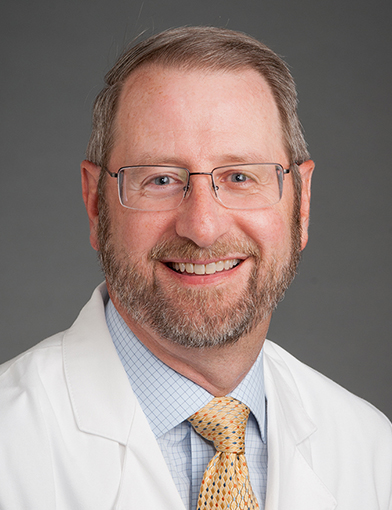In the past, basic, clinical, and community-based researchers operated in separate domains, often creating barriers to the translation of scientific findings into widespread improvements in human health and implementing changes in the health care system. The Translational and Health System Science program was created to provide active clinicians with scientific research training to establish themselves as clinician-scientists, with the end goal of producing “change agents” capable of translating research findings into improved health care for patients. Successful graduates are awarded the Master of Science degree.
Overview
The Translational and Health System Science MS program is administered by the Biomedical Graduate Programs Office on the Wake Forest University School of Medicine campus. The core mission of the program is to provide a unique constellation of methodological and professional skills to implement rigorous research in the health care system and the community to disseminate findings that improve human health. Training in our program has evolved over the past 30 years to meet the evolving needs for clinicians wishing to expand their skill set and become clinician-scientists.
Today’s clinician-scientist needs the tools to both conduct translational research AND implement those findings to continuously improve patient health, through the health care system and in the larger population.
To that end, the program’s key objectives are as follows:
- Develop meaningful and feasible research questions
- Critically review and appraise the scientific literature
- Design and execute studies to answer research questions
- Perform and interpret statistical analyses and collaborate effectively with biostatisticians
- Ensure that research or quality improvement adhere to the highest ethical and regulatory standards
- Communicate through grant applications, protocols, manuscripts, abstracts, and presentations
- Collaborate productively in multidisciplinary scientific teams
- Implement innovations in community or clinical health care settings to ensure the systematic uptake of research findings





